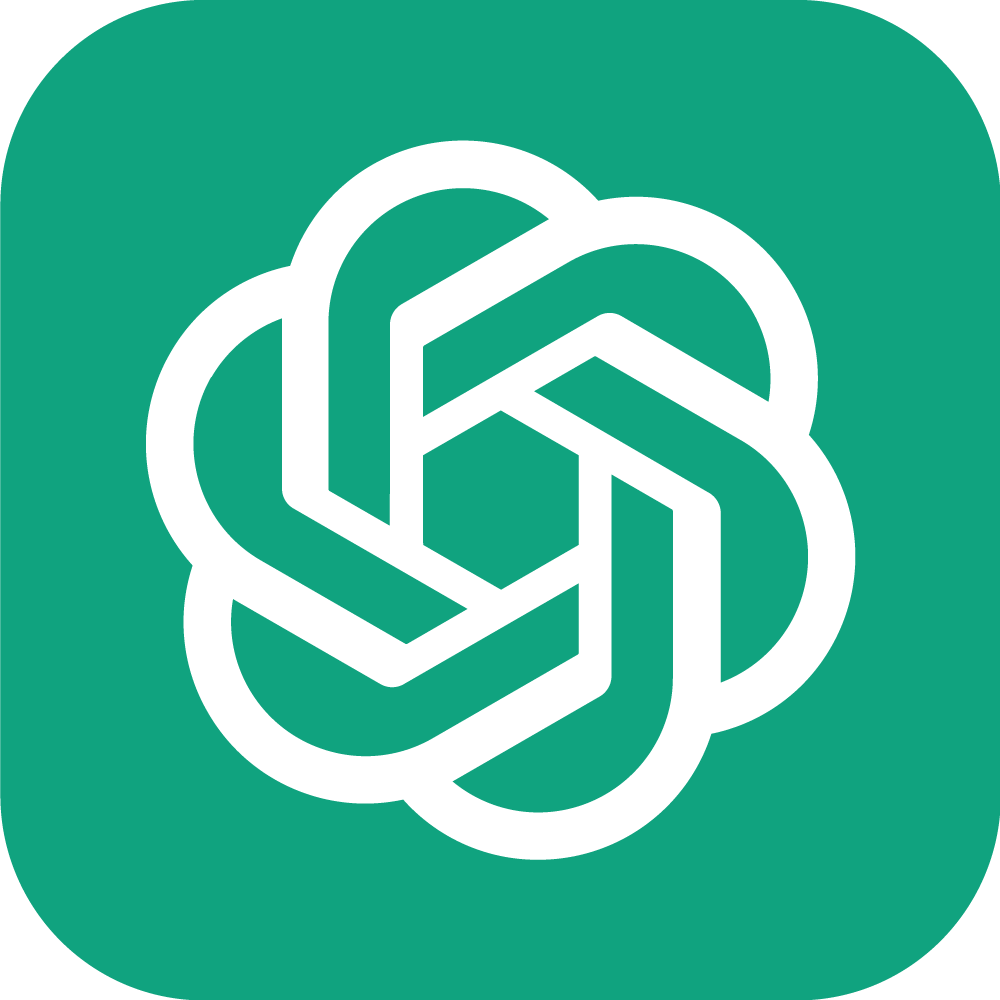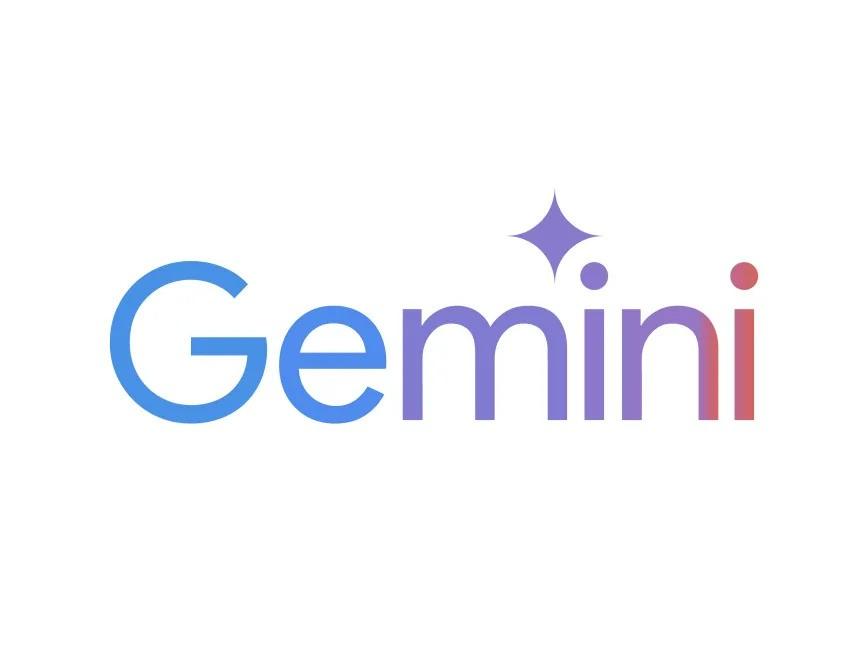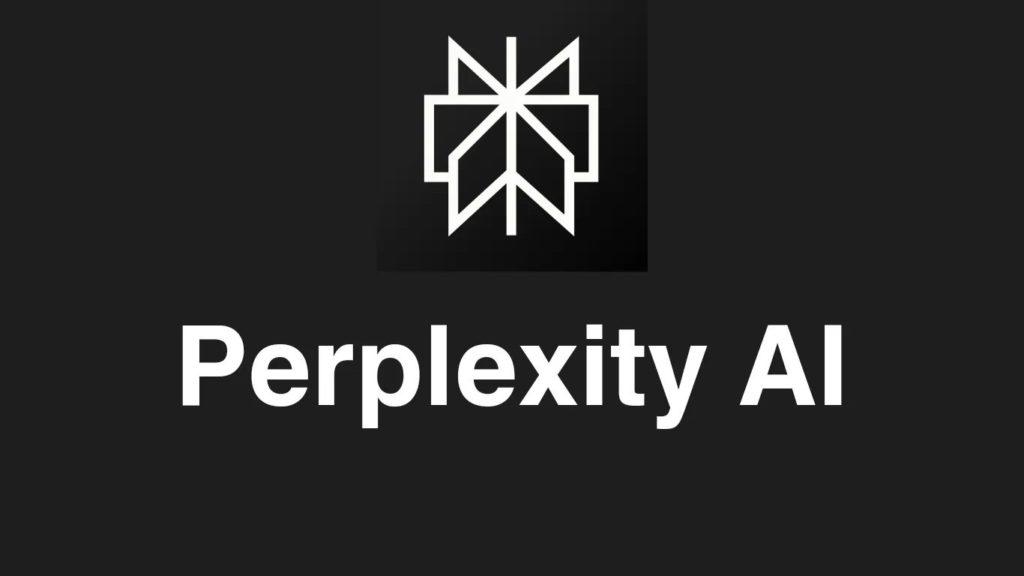In the rapidly evolving world of artificial intelligence, several major players have emerged, each boasting impressive capabilities and unique strengths. As AI continues to reshape industries and redefine what’s possible, it’s crucial to understand the key differences between these AI giants. In this comprehensive comparison, we’ll delve into the features and specialties of ChatGPT, Claude AI, Gemini, and Perplexity AI, shedding light on their respective strengths, weaknesses, pros, and cons.

ChatGPT: The Trailblazer Developed by OpenAI, ChatGPT has taken the world by storm with its advanced natural language processing capabilities. This AI model excels at generating human-like text, engaging in intelligent conversations, and providing detailed explanations on a vast array of topics. ChatGPT’s ability to understand and respond to context makes it a versatile tool for everything from creative writing to coding assistance. However, its training data cutoff date means it may not always have the most up-to-date information.
Pros:
- Excellent language generation and understanding
- Versatile across many domains
- Engaging conversational abilities
Cons:
- Training data has a cutoff date on the free version, so may lack the latest info
- Ethical considerations are not always clear

Claude AI: The Multitalented Assistant
Created by Anthropic, Claude AI is a relative newcomer that has quickly gained recognition for its impressive multilingual capabilities and strong ethical grounding. With a focus on transparency and safety, Claude AI is designed to provide reliable and trustworthy assistance while adhering to strict principles. Whether you need help with research, analysis, or even creative tasks, Claude AI’s versatility and responsible approach make it a compelling choice.
Pros:
- Multilingual capabilities
- Strong ethical training
- Versatile across many tasks
Cons:
- A newer model, so capabilities are still being established
- May be overly cautious in some cases

Gemini: The Specialized Expert Developed by Gemini AI, this AI model is tailored for specific domains and industries. Gemini excels in areas such as finance, legal, and healthcare, where it can leverage its specialized knowledge and understanding of complex terminologies and concepts. While it may not be as versatile as some of its counterparts, Gemini’s deep expertise in its focused areas makes it an invaluable tool for professionals in those fields.
Pros:
- Deep specialized knowledge in key industries
- Handles complex domain-specific concepts well
- Trusted by major companies and institutions
Cons:
- Limited versatility outside core domains
- May require integration with existing systems

Perplexity AI: The Adaptive Learner Perplexity AI stands out with its ability to continuously learn and adapt to new information and contexts. Developed by a team of researchers, this AI model is designed to be highly flexible and capable of seamlessly integrating new knowledge into its existing understanding. This makes Perplexity AI particularly well-suited for rapidly evolving fields or situations where the most up-to-date information is critical.
Pros:
- Continuously learns and integrates new information
- Highly adaptable to changing contexts
- Provides cutting-edge, up-to-date knowledge
Cons:
- Maybe less stable than fixed models
- The learning process could introduce errors
As the AI landscape continues to evolve, each of these models brings unique strengths and capabilities to the table. Whether you prioritize natural language processing prowess, ethical considerations, specialized expertise, or adaptability, there’s an AI assistant that can meet your needs. By understanding the key differences between these AI giants, you can make an informed decision and leverage the power of artificial intelligence to its fullest potential.

